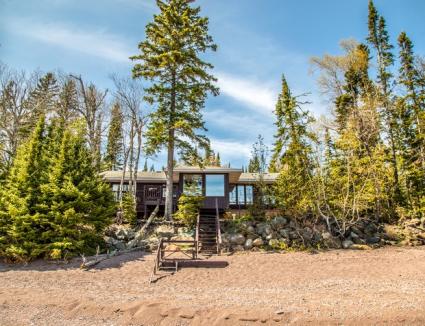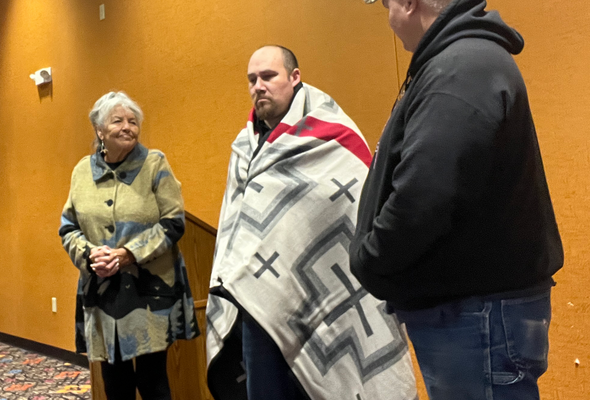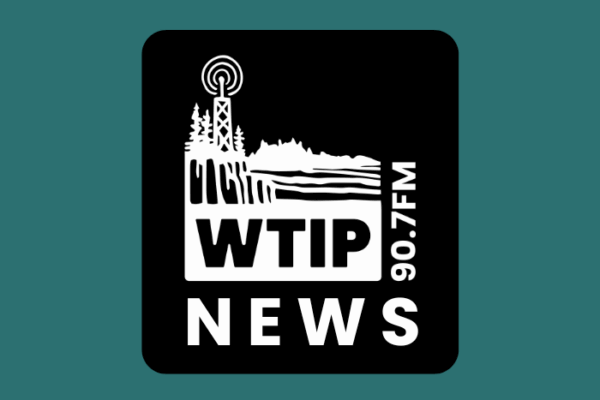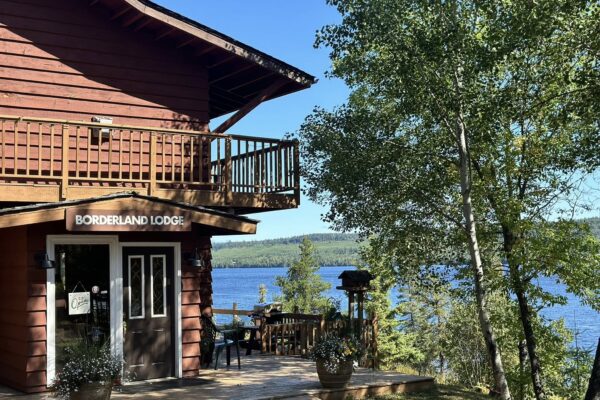Cook County aims to increase enforcement of vacation rental ordinance
Doubling the permit costs to operate a vacation rental in places like Lutsen, Tofte, and the Gunflint Trail, as well as greater oversight of these units, will give Cook County a more defined sense of direction on the role short-term rentals have in the community rolling into 2023, according to local officials.
A series of changes and updates to the Cook County vacation rental ordinance, most of which were months in the making, were adopted Nov. 22 by the local board of commissioners.
Among the changes for 2023 will be increasing the annual permit fee to operate a vacation rental in Cook County from $200 to $400. A public fee hearing will take place Dec. 13 before this increase becomes official, though the commissioners gave every indication they would support it.
The purpose of doubling the permit fee is to increase staff capacity in local government so the vacation rental ordinance can be enforced, according to Land Services Director Tim Nelson.
Other updates to the ordinance, as recommended by a local vacation rental committee and the planning commission, are stricter enforcement of the county’s rules and permits that apply to vacation rentals. In order to do this, the county will consider creating a new position within the land services department that would be responsible for providing this oversight. The position could be funded, largely, by increasing the annual fees participants must pay to operate a vacation rental in Cook County.
Additional changes to the ordinance involves establishing a trigger that could potentially limit the number of vacation rentals operating in Cook County at any given time. Though not a strict ‘cap’ or a moratorium, the vacation rental committee agreed that a ‘trigger’ mechanism could be a valuable tool to potentially limit the number of vacation rentals to approximately 393 total units for all of Cook County. There are currently 358 vacation rentals in Cook County, according to Nelson. Approximately 290 of those are licensed, which means the county needs to take action to enforce the ordinance. Such action includes late fees, penalties and fines if operators remain out of compliance.
The notion of a ‘trigger’ essentially means the county will take action if the 393 figure is reached when it comes to the number of licensed vacation rentals in Cook County, Nelson said. Such action could include setting a cap on the number of vacation rentals allowed in the county, or other similar policies and recommendations, he added.
“If we hit a certain number (of vacation rentals),” Nelson said, “that would trigger us to then look more closely at setting a limitation, or cap, on licenses that are issued.”
Although the county took action to improve the vacation rental ordinance, there is still work to be done, Nelson said. Among the issues the county still needs to navigate is classifying what types of units qualify as a vacation rental in Cook County. There is confusion, or at least uncertainty, when it comes to classifying individually operated rental units that are housed within a resort, for example. With the recent departure of the Lutsen Poplar River Condos from the oversight of Lutsen Resort, these units are now in a gray area when it comes to classification, according to local officials. The Lutsen Poplar River Condos are now under the umbrella of Cascade Vacation Rentals. A similar situation involving privately owned rental units also falls into this gray area at Caribou Highlands, and to a lesser extent, at Bluefin Bay in Tofte. Nelson said that determining classification for these types of units will be a high priority for the county in early 2023.
When it comes to vacation rentals in Cook County, much of the community discussion goes back to a lack of housing options for the local workforce and the rising cost of housing locally. What role vacation rentals play in these scenarios remains largely hypothetical, though many community members have an opinion on the topic. Information shared during the Aug. 15 meeting of the vacation rental committee regarding the total number of vacation rentals in Cook County adds perspective on the situation, Nelson said. During the meeting, County Assessor Bob Thompson told the committee and members of the public that between 2019, when the county started tracking the number of vacation rentals locally, and January of this year, there was a net decrease of one vacation rental overall throughout all of Cook County.
This fact seems to contradict the opinion of some community members who frequently blame vacation rentals as a reason for the lack of housing in Cook County, Nelson acknowledged. Looking back, community rhetoric about vacation rentals did seem to shift during the process of updating the ordinance during the past six months, Nelson said. Nearly 600 people completed a survey this spring about vacation rentals in Cook County. About 60 percent of the people who responded said they had either a somewhat unfavorable opinion, or a very unfavorable opinion about vacation rentals in Cook County. Meanwhile, about 34 percent had a favorable impression of short-term rentals. During a public hearing about vacation rentals before the planning commission meeting Nov. 16, there were no comments submitted and nobody spoke during the hearing. Similarly, there were no public comments Tuesday during the county board meeting before the commissioners approved the updates to the ordinance.
WTIP’s Joe Friedrichs spoke with Nelson Nov. 23 about the changes approved this week by the county board to the vacation rental ordinance. Audio below.














